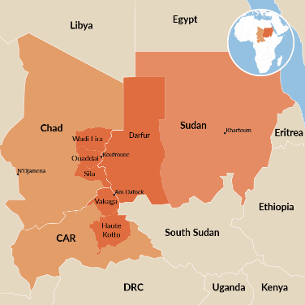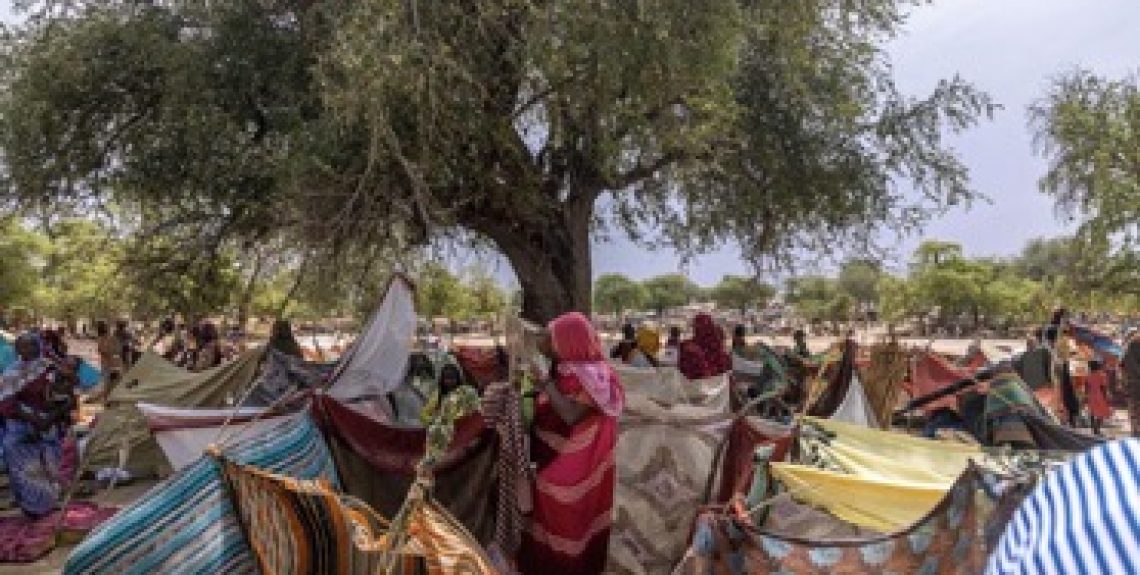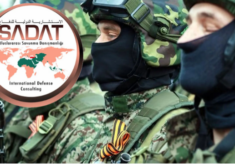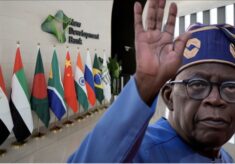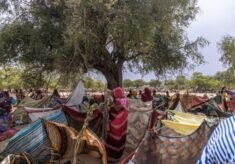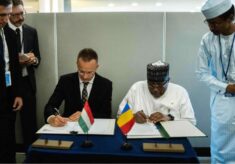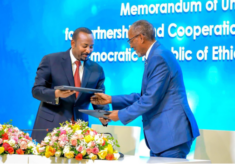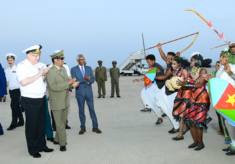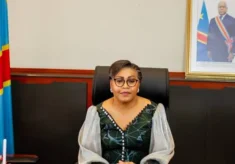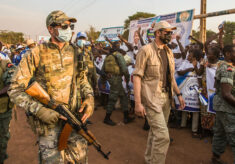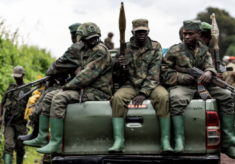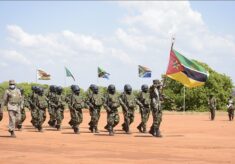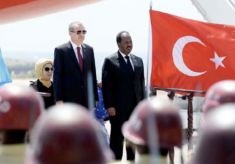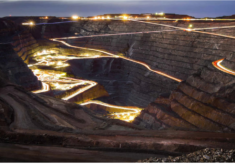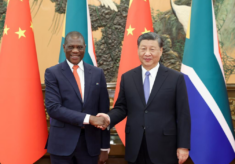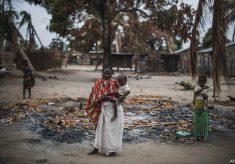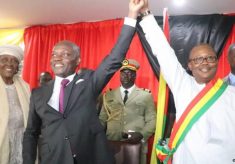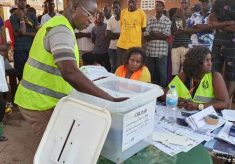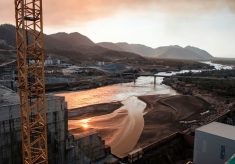On April 15, 2023, fighting erupted in Sudan’s capital, Khartoum, between the Sudan Armed Forces (SAF) and the Rapid Support Forces (RSF), quickly spreading across the country. The RSF, formed from the Janjaweed militias of the Darfur conflict in 2003, has grown into a powerful force under Mohammed Hamdan Dagalo, or ‘Hemedti’.
In 2019, Hemedti and SAF leader Abdel Fattah al-Burhan ousted President Omar al-Bashir. However, after two years of transitional governance, they staged a military coup, ending hopes for democracy. Since April 2023, the SAF and RSF have engaged in intense civil warfare, targeting each other’s bases in Khartoum and vying for control of critical sites such as the presidential palace, airports and TV stations.
West Darfur, long affected by civil war, has seen the worst violence in this conflict. RSF forces and allied Arab militias have launched large-scale assaults on non-Arab communities, particularly the ethnic Massalit, killing thousands and displacing hundreds of thousands. Many fled across the border to Chad, escaping both fighting and atrocities that violate international law.
